ZHCSN49N January 2007 – June 2024
PRODUCTION DATA
- 1
- 1 特性
- 2 应用
- 3 说明
- 4 Pin Configuration and Functions
- 5 Specifications
- 6 Detailed Description
- 7 Application and Implementation
- 8 Device and Documentation Support
- 9 Revision History
- 10Mechanical, Packaging, and Orderable Information
封装选项
机械数据 (封装 | 引脚)
散热焊盘机械数据 (封装 | 引脚)
订购信息
5.6 Typical Characteristics: IOUT = 50 mA
at TJ = 25°C, VIN = VOUT(nom) + 0.3 V, VBIAS = 5 V, IOUT = 50 mA, VEN = VIN, CIN = 1 μF, CBIAS = 4.7 μF, and COUT = 10 μF (unless otherwise noted)
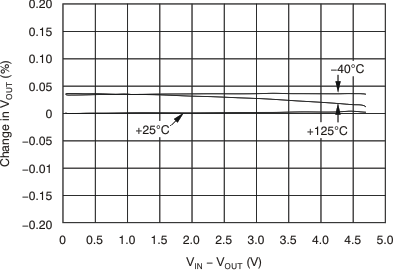
| Legacy chip |
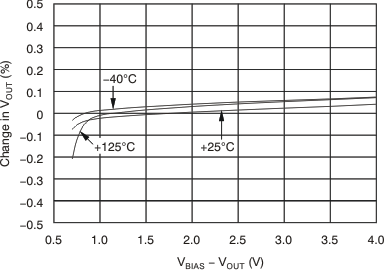
| Legacy chip |
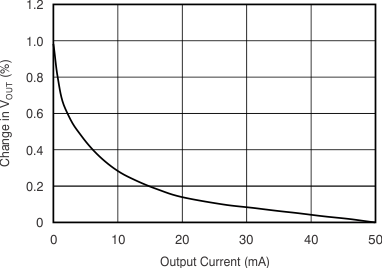
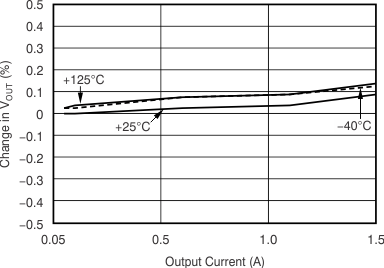
| Legacy chip |
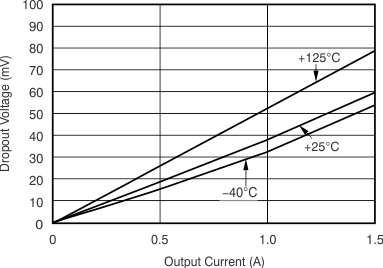
| Legacy chip |
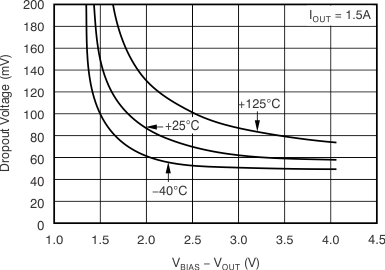
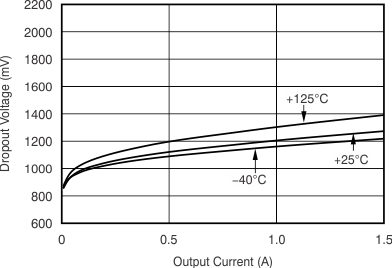
| Legacy chip |
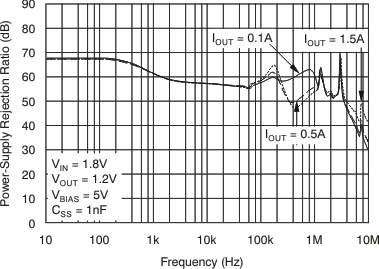
| Legacy chip |
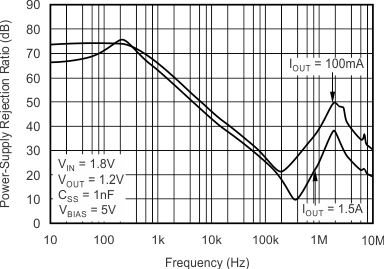
| Legacy chip |
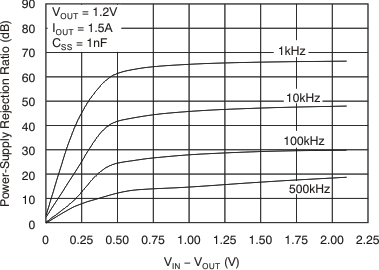
| Legacy chip |
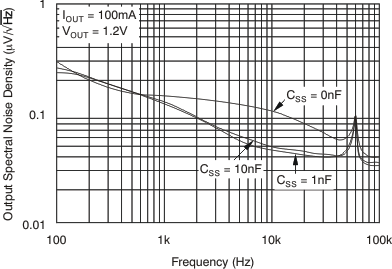
| Legacy chip |
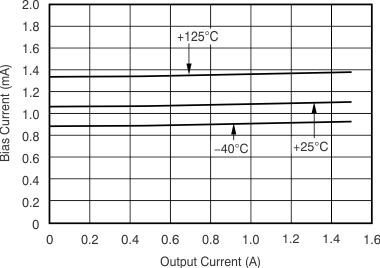
| Legacy chip |
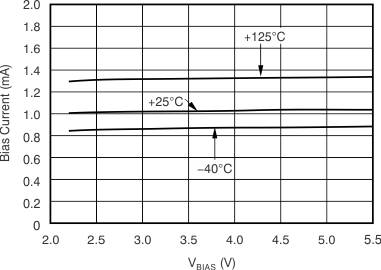
| Legacy chip |
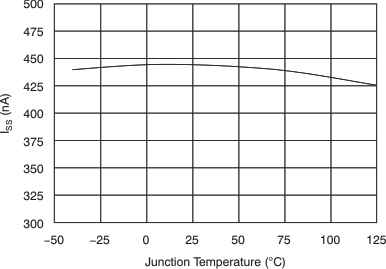
| Legacy chip |
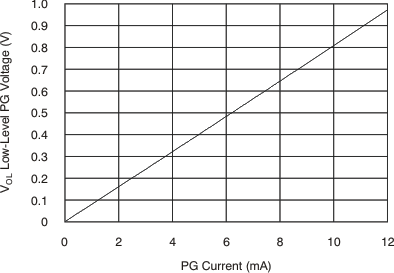
| Legacy chip |
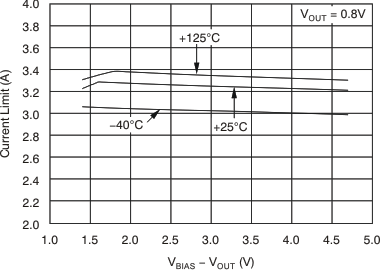
| Legacy chip |
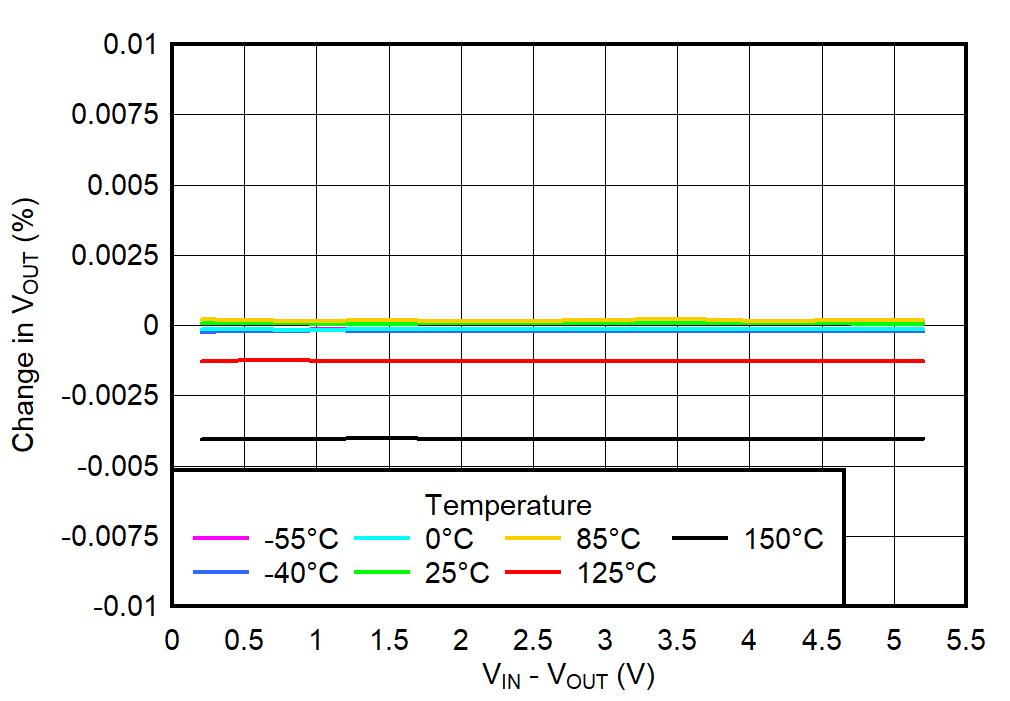
| New chip |
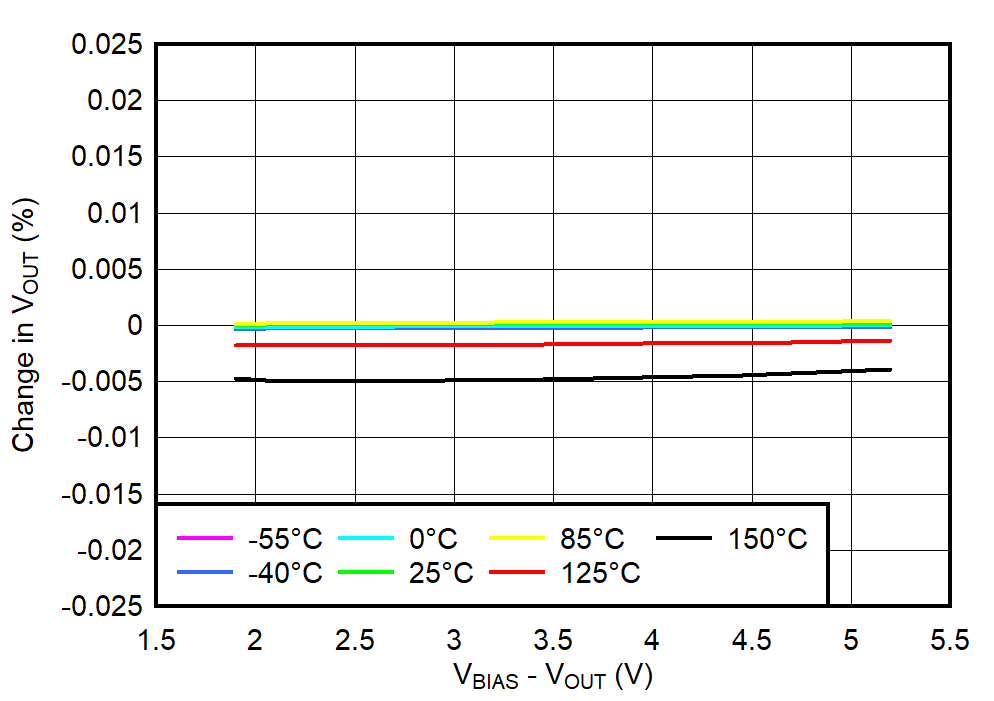
| New chip |
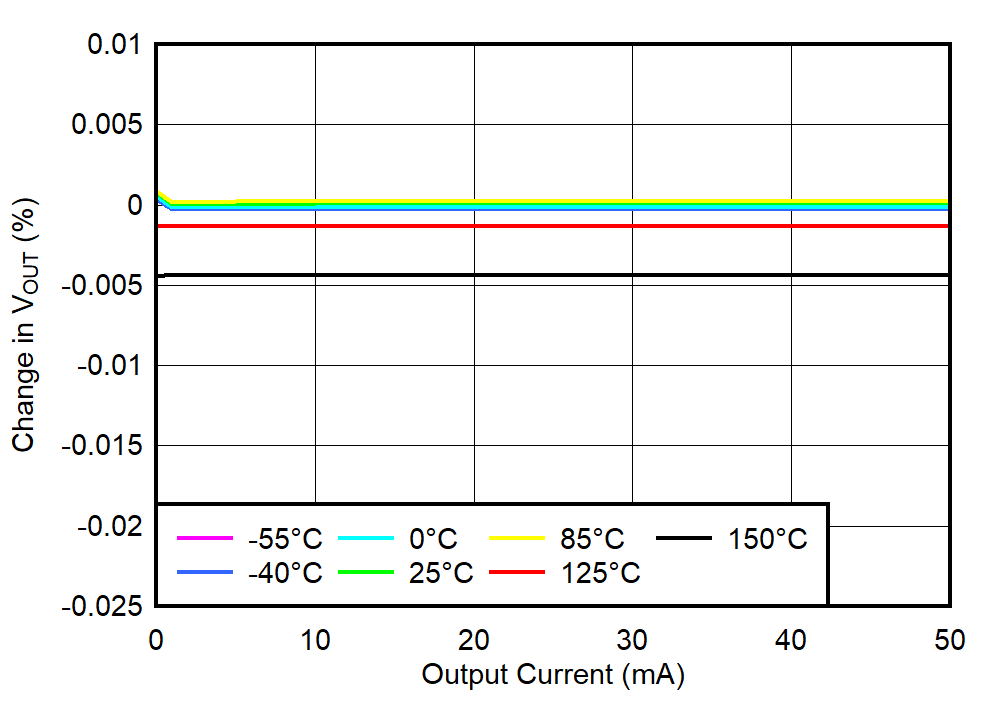
| New chip |
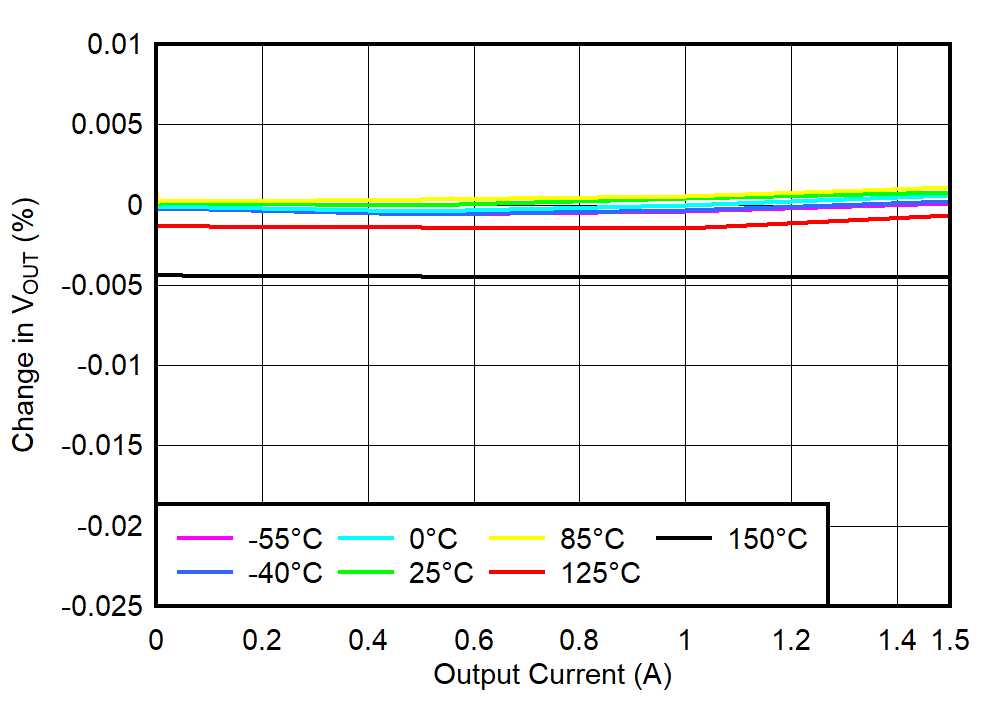
| New chip |
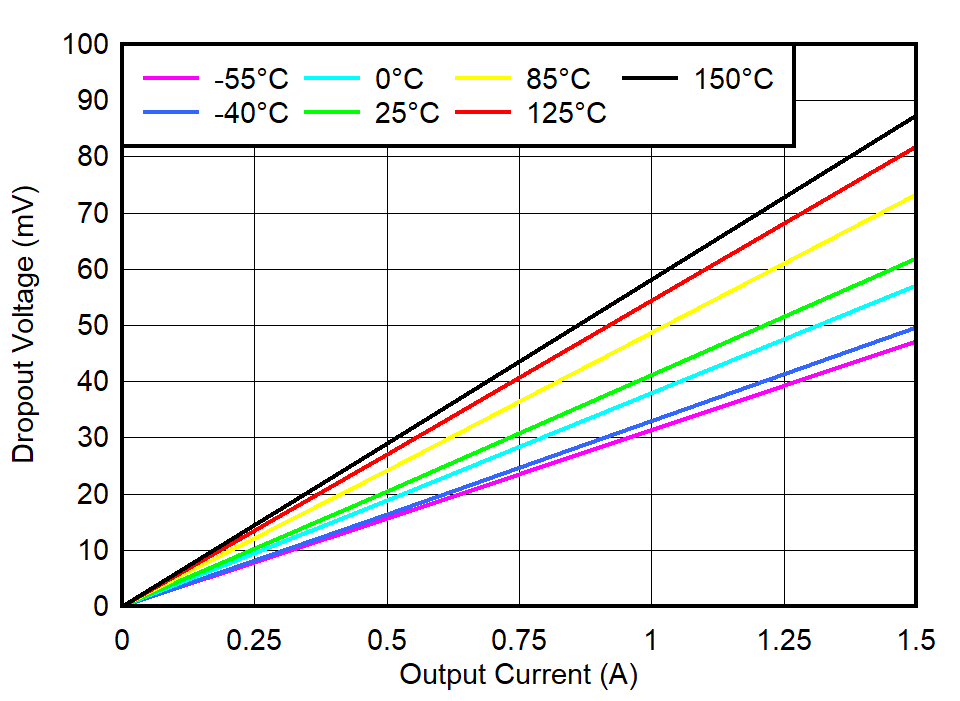
| New chip |
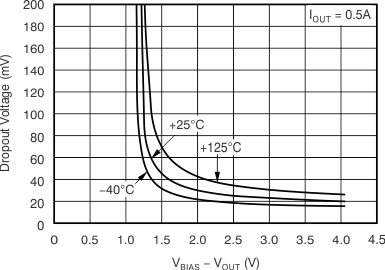
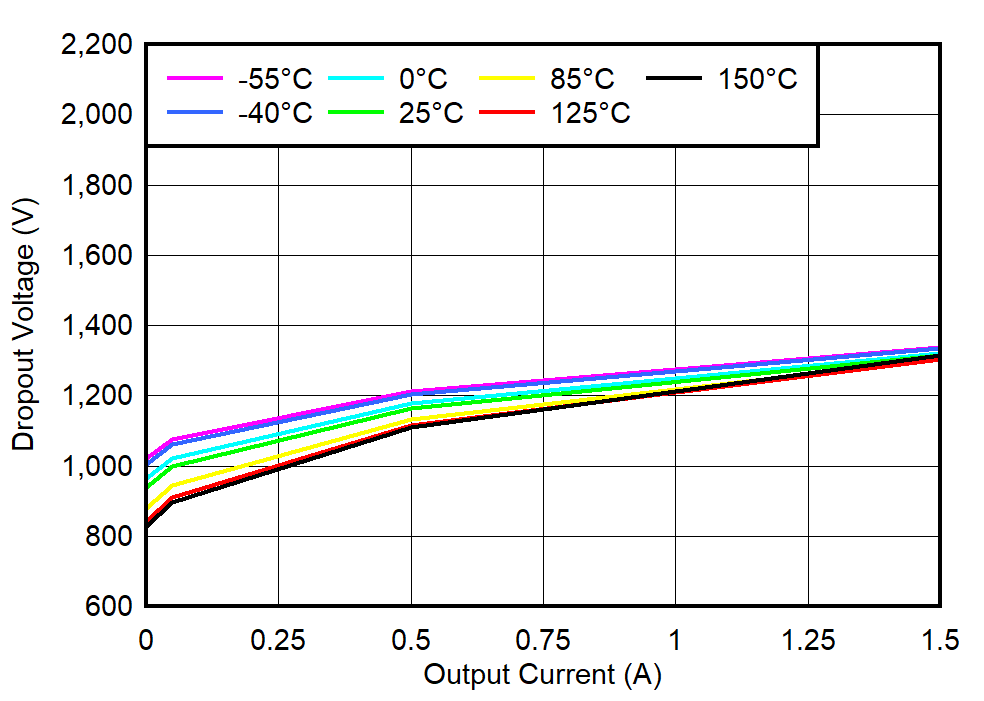
| New chip |
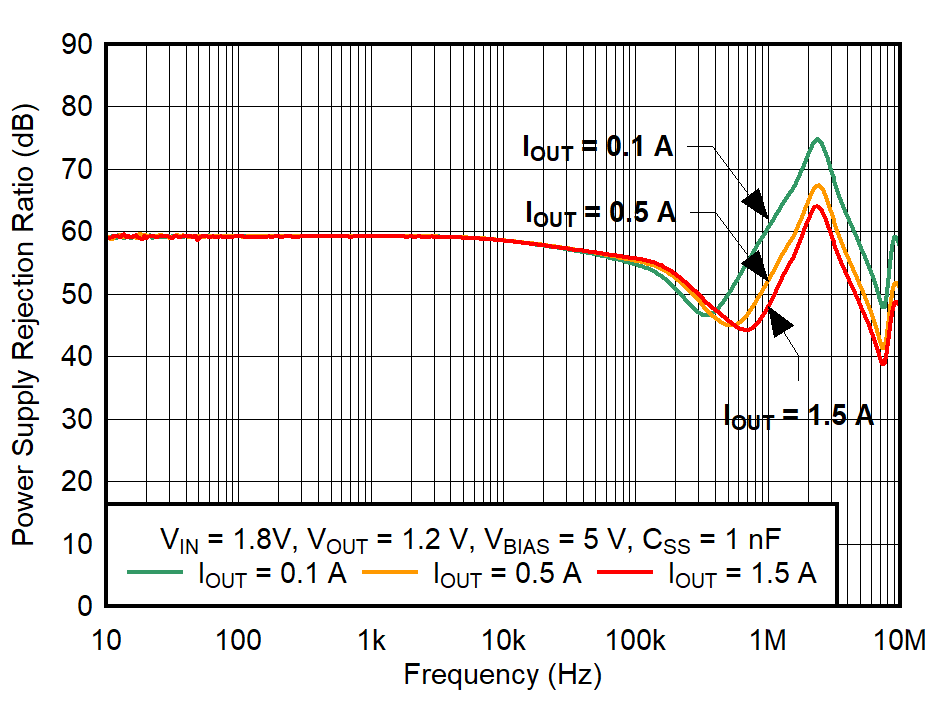
| New chip |
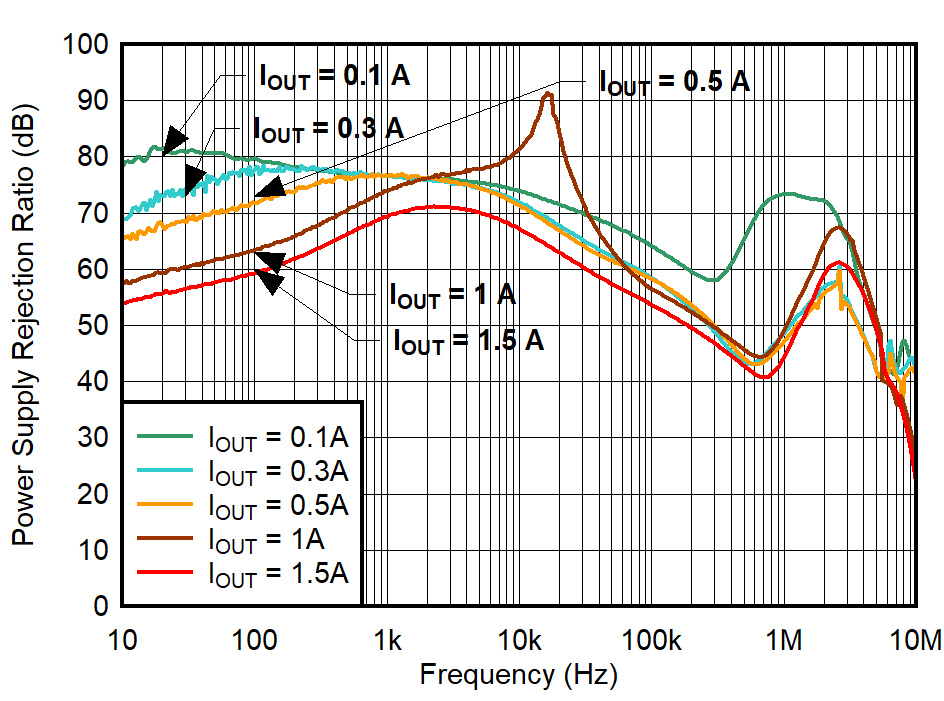
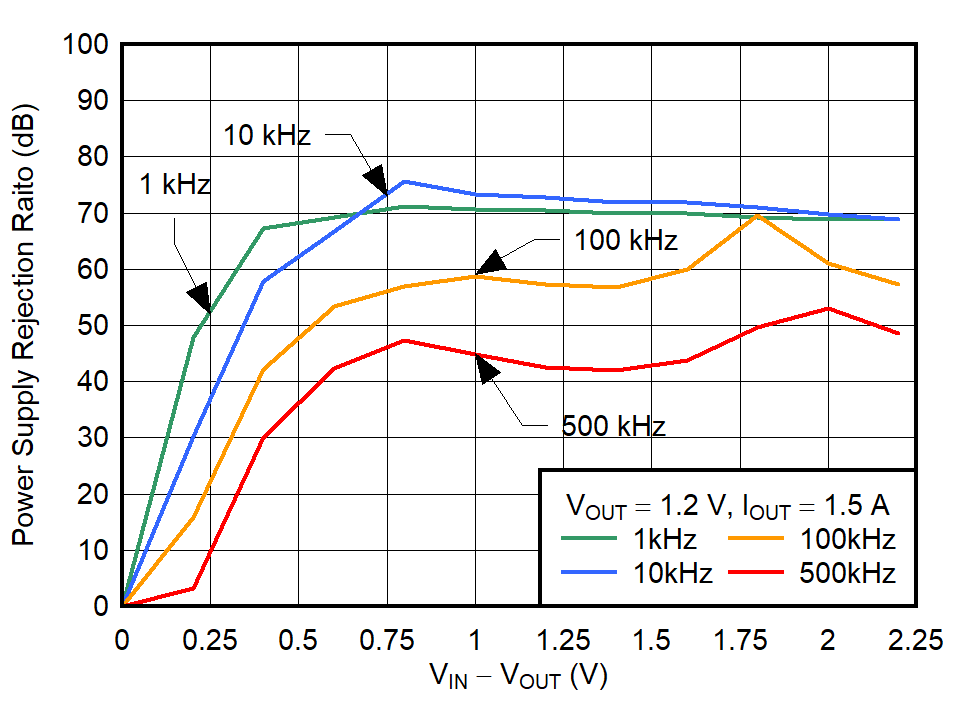
| New chip |
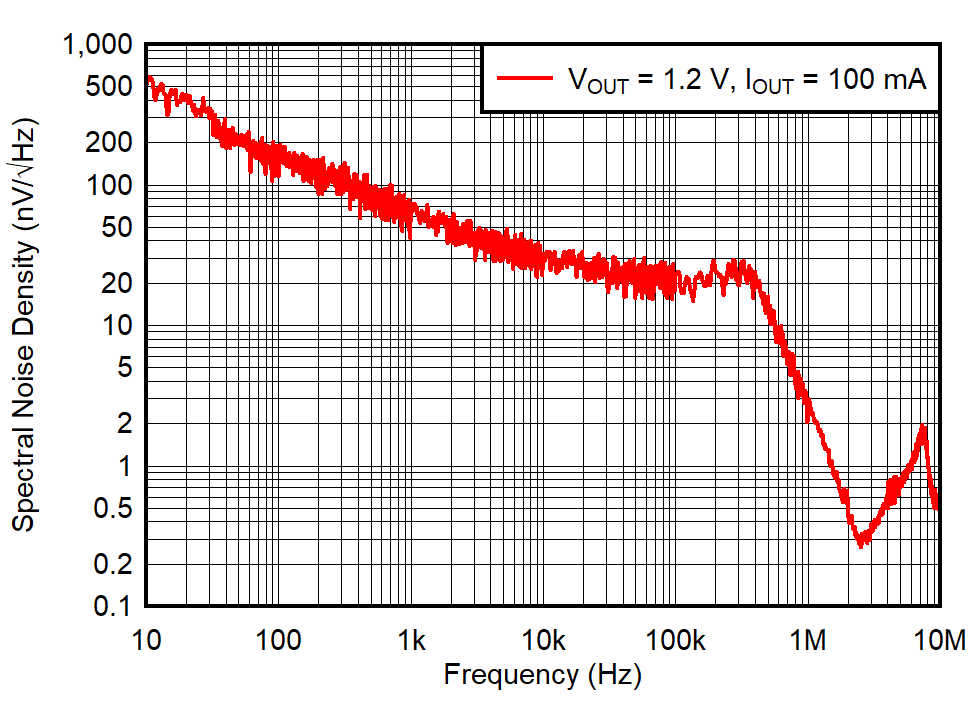
| New chip |
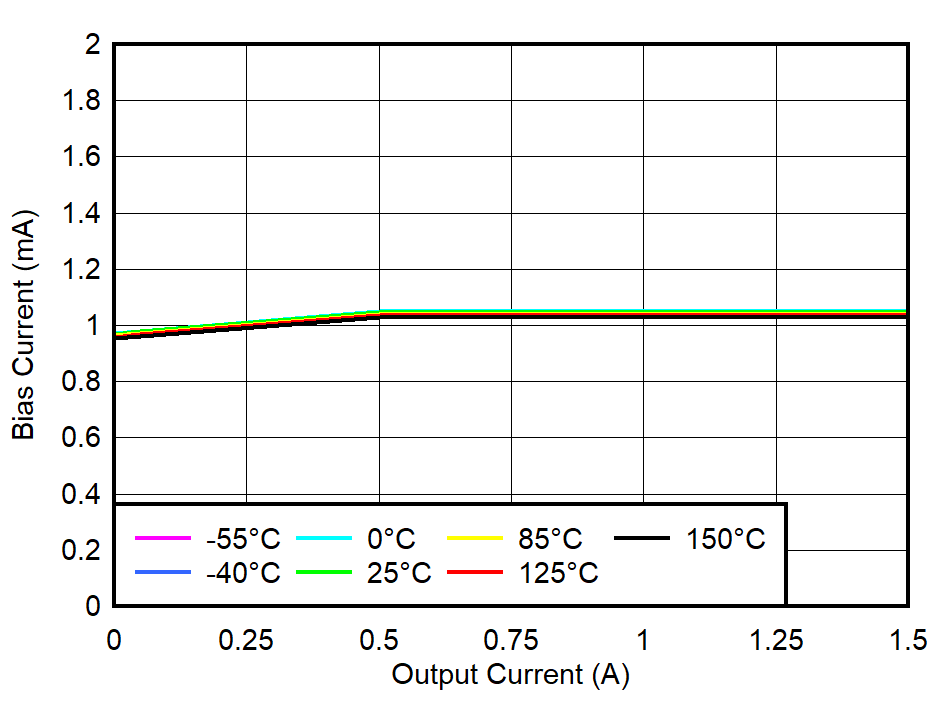
| New chip |
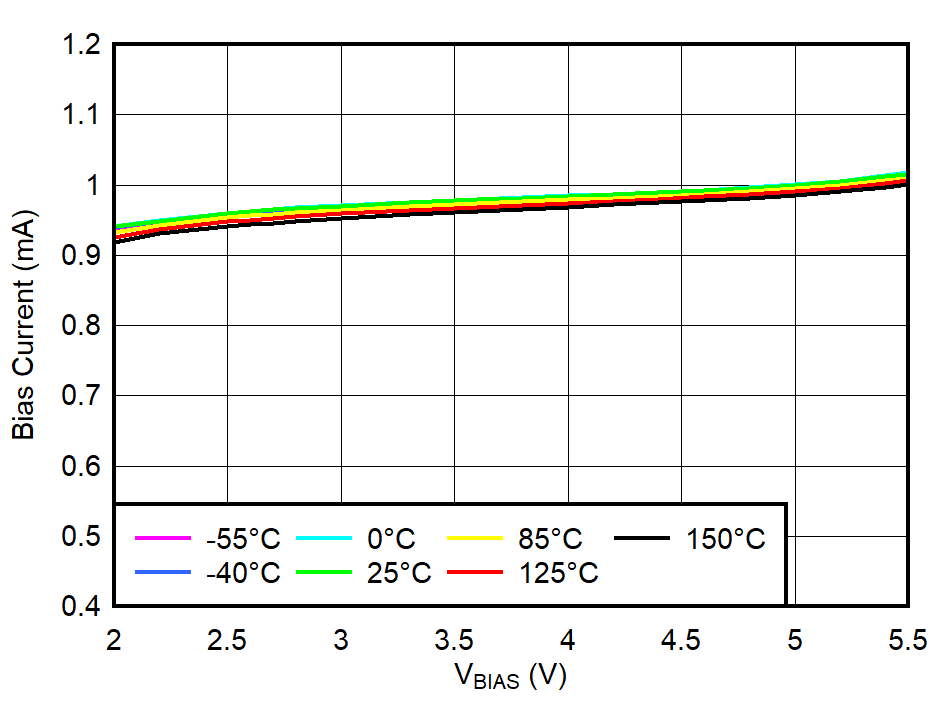
| New chip |
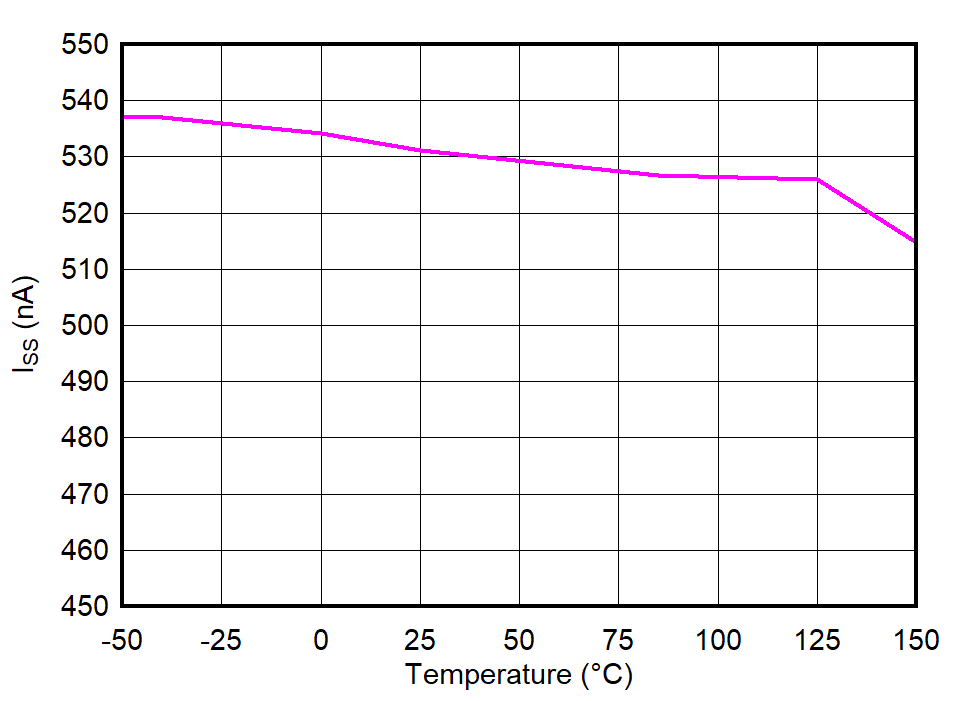
| New chip |
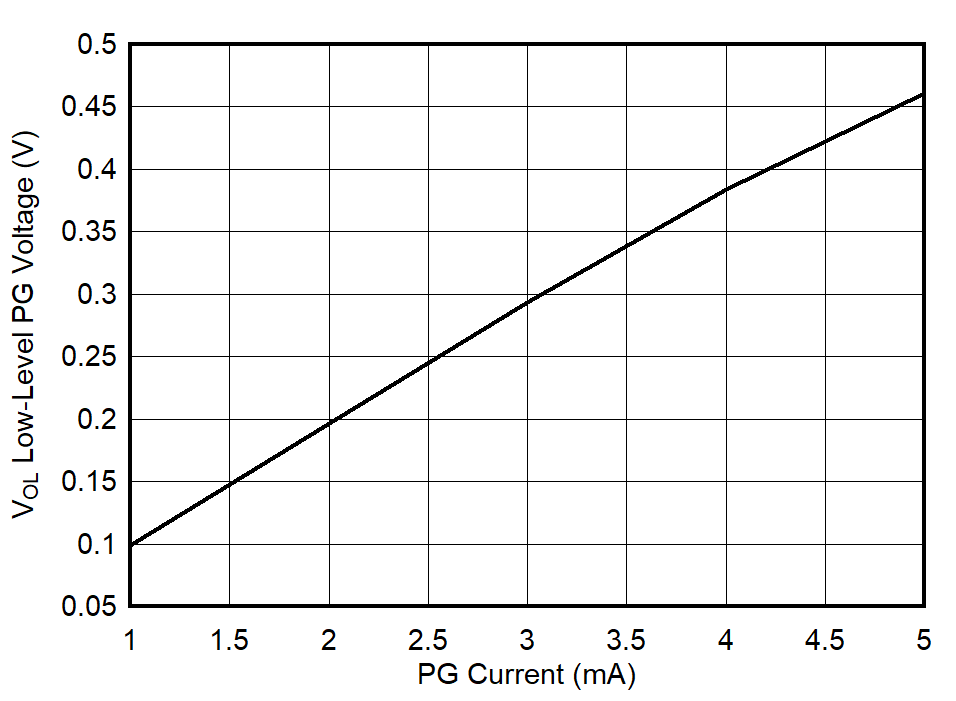
| New chip |
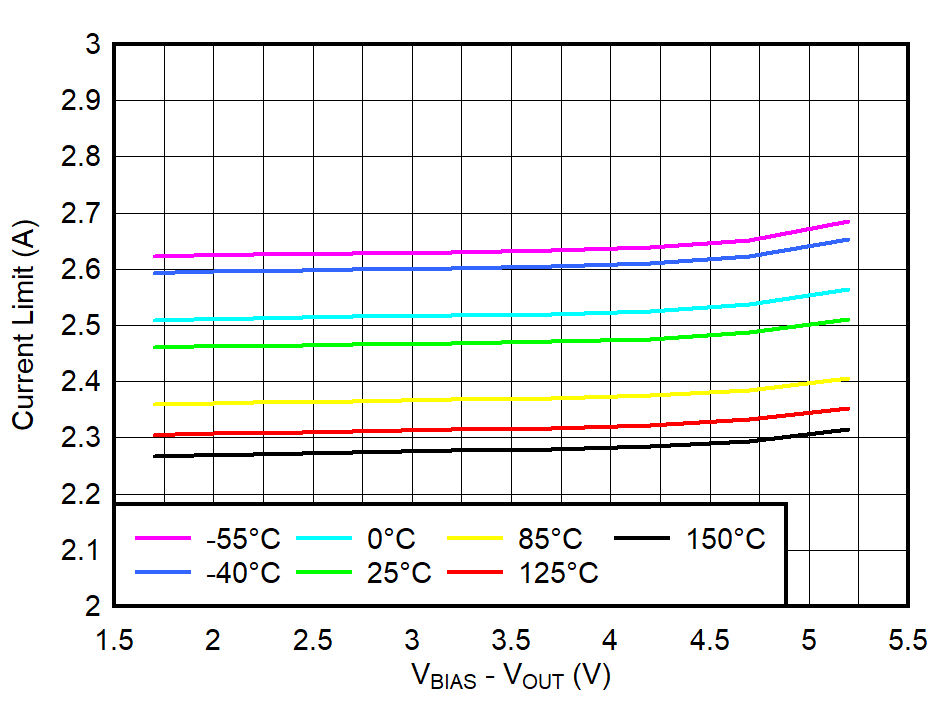
| New chip |